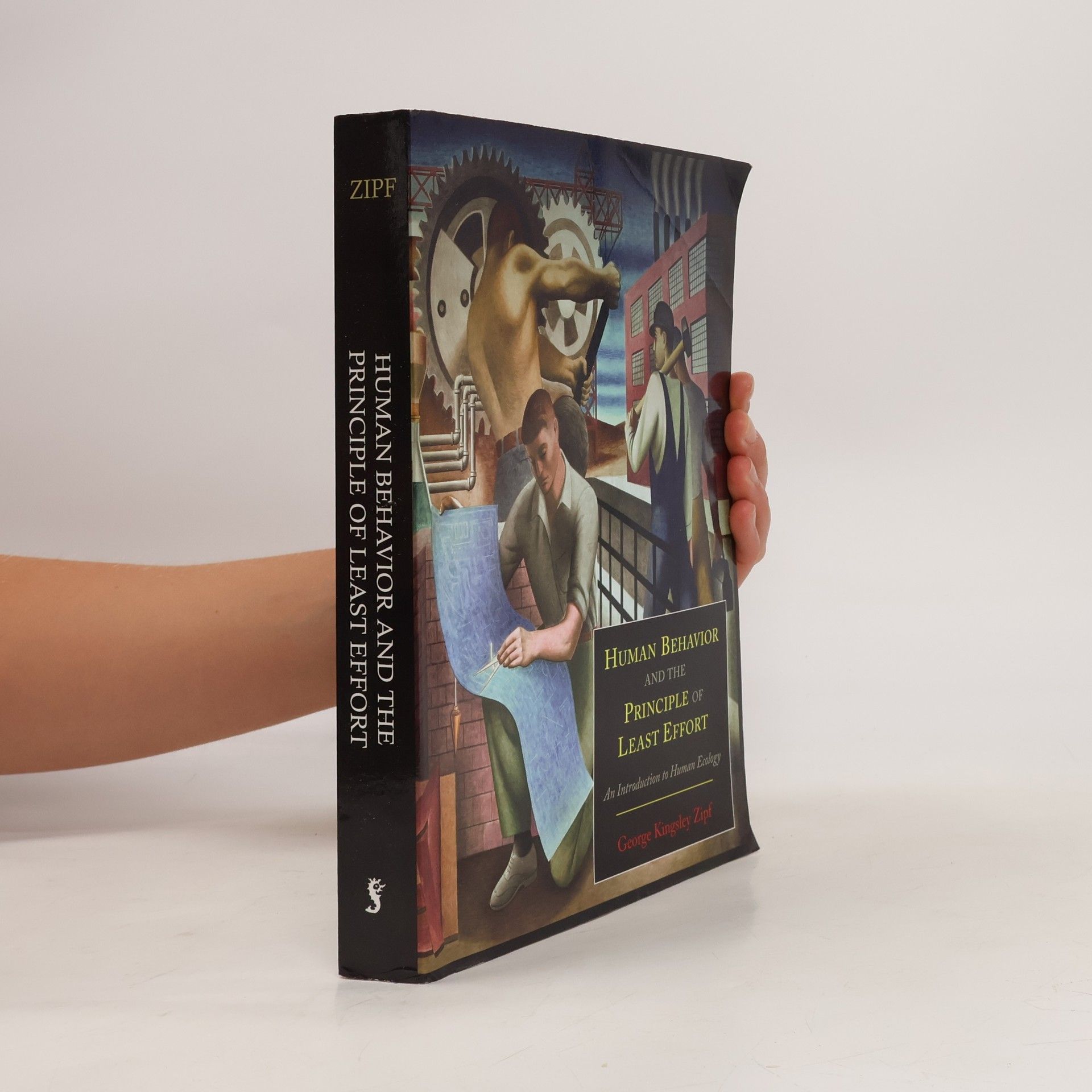En savoir plus sur le livre
2012 Reprint of 1949 Edition. Exact facsimile of the original edition, not reproduced with Optical Recognition Software. The principle of least effort is a broad theory that covers diverse fields from evolutionary biology to webpage design. It postulates that animals, people, even well designed machines will naturally choose the path of least resistance or "effort." This is perhaps best known or at least documented among researchers in the field of library and information science. Their principle states that an information seeking client will tend to use the most convenient search method, in the least exacting mode available. Information seeking behavior stops as soon as minimally acceptable results are found. This theory holds true regardless of the user's proficiency as a searcher, or their level of subject expertise. The principle of least effort is analogous to the path of least resistance. The principle was studied by linguist George Kingsley Zipf, author of this classic treatment of the subject. He theorized that the distribution of word use was due to the tendency to communicate efficiently with least effort and this theory is known as Zipf's Law.
Achat du livre
Human Behavior and the Principle of Least Effort, George Kingsley Zipf
- Langue
- Année de publication
- 2012
- product-detail.submit-box.info.binding
- (souple),
- État du livre
- Bon
- Prix
- 31,99 €
Modes de paiement
Personne n'a encore évalué .


